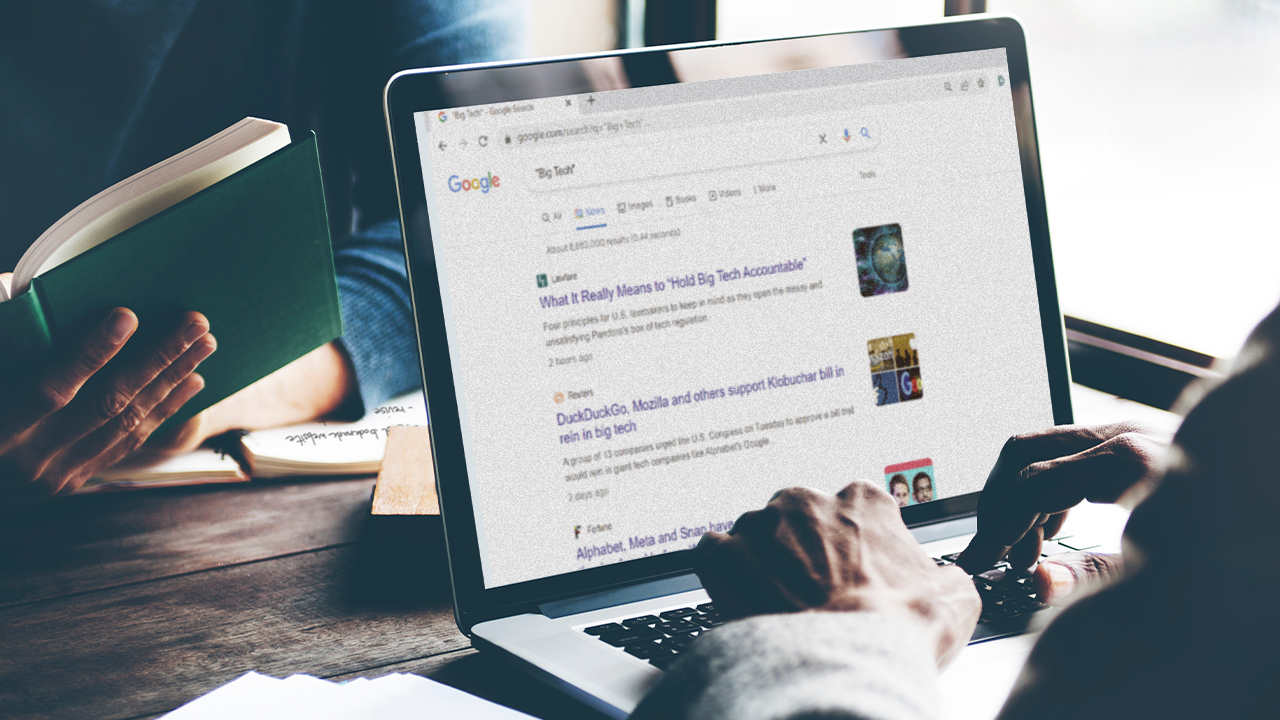
Should Big Tech be made to pay for journalism? With the news industry growing more insolvent by the day, the debate takes on urgency. It features a laissez-faire argument proposing that punishing successful disruptors for media’s failures is unfair. But society would be well advised to look at the bigger picture.
The economics are clear. The newspaper industry last year brought in just under $10b from advertising of which about half was digital; the digital portion is projected to grow slightly while print ads will collapse.
Google, meanwhile, brought in over $200b in digital ad revenue. Google and Facebook together account for almost three-quarters of the digital advertising total, double their share compared to five years ago. If Twitter ever matures it will also be a factor, since it certainly has the highest proportion of news content appearing on its product. LinkedIn may factor as well.
For now Google, with its virtual monopoly in an amazingly profitable niche, is probably the main issue. Unlike social media, where news content is posted by users or by news platforms themselves, Google deploys news content directly and actively on products around which it delivers ads – in search results and in its news aggregator pages.
It has been argued (with considerable success in the courts) that displaying only headlines, photos and a bit of text is within fair usage. It has struck various deals with publishers – I remember the frayed nerves at AP each time Google negotiations were coming down to the wire – but its frugality was impressive. The narrative was that the value provided by links to publisher pages exceeds any siphoning off of ads.
There have been a number of standoffs around the world.
In Germany, the leading publisher Axel Springer briefly rebelled but backed down when it found that the loss of referrals harmed sites’ traffic to a frightening degree (which would itself hammer ad revenue); that tended to support Google’s logic. In Spain, Google News walked away for seven years rather than approach what the locals considered reasonable terms. But Australia came down differently: the country tried to impose higher payments than the techs wanted, and after a brief period of no news on Facebook it was Big Tech that backed down and agreed to higher fees – about $150m year at present – guaranteed through legislation.
Now there is talk in America of aiding publishers through similar legislation: Sen. Amy Klobuchar’s recently proposedl bill, the Journalism Competition and Preservation Act.
I’m not arguing for a specific piece of legislation. And it is true that Google and other tech firms have negotiated better deals in recent years. But the news media is not getting its money’s worth from the huge value add it offers these platforms – and putting the squeeze on them is the right thing to do.
Big tech would be wise to take the initiative and propose the creation of a media fund dedicated to some level of fair distribution to media outlets whose content is featured on their platforms. This would temper outrage at the current inequitable situation and earn them points from Main Street to Congress. Some will charge this gives tech undue control, but, of course, the legislative threat will remain, and the new situation could be governed by a counsel with many voices represented.
The argument against this essentially rests on the notion that the tech giants are brilliant and the news industry is led by idiots who failed to figure things out in the digital space. Tech did not steal the news media’s advertising pie, and the media is acting in an outrageously entitled to think they had a right to that income anyway. Rather, the argument goes, the digital disruptors created better ways of targeting customers and reporting results and therefore improved and even corrected an advertising paradigm that was wallowing in conjecture and thus prone to inefficiency and waste.
In an article in Politico, Jack Shafer even predicted, without proof, that any intervention would be a precursor to direct government subsidies (as if that would, in any form, be the end of the world).
There is some proof in the literalist approach. It is tough to prove anyone read a print ad or saw a billboard, but clicks can be accurately measured (views, by the way, far less so). So the disruptors brought great value and indeed increased the overall pie with their exciting new inventory in video games and such.
What’s wrong is the implication is that there is no unfairness already at play. Big Tech indeed has an enormous advantage that creates an unbalanced negotiating situation.
Advertising works best at scale. The tech platforms have such scale because their products are by definition global, and agnostic to culture, language, geography, and politics.
As such they benefit from the network effect. This means that people go to Facebook because many others are there – a motivation dynamic that does not exist in the same way for content sites. Facebook can connect all the people in the world and let each consume the news (or any content) they want.
This is a natural result of the internet and its ability to put all the people in the world in touch with each other in real time. Social media sites have become catchall destinations.
There is no way this can be achieved by a content site. Its audience will always be far smaller because they are not a platform but a content play, and the ability to interest audiences in that content attaches to niches in geography, topic, style, language, and quality. The news industry can’t just unite and put everything on one site – Norwegian sports, Japanese business, Egyptian sports, and American politics. That would not be a very coherent business.
This scale gave Big Tech an incredible bargaining advantage, which it proceeded to leverage with a relish that is dangerous to society and inviting to intervention. They negotiated for pennies on the dollar as if their lives depended on it.
Not unrelated to this, the news industry is in the throes of a terrible contraction and in many ways is simply going out of business, with swaths of it disappearing.
About half of America’s daily newspapers are already controlled by investment groups, most of them with a bottom-line imperative and no concern for the public trust aspect of news. About 1,800 US newspapers closed in under two decades, leaving many places with little or no local news. Most Americans now say they get information from social media, which can be a zone of extremism and nonsense – and which tends to reinforce readers’ existing viewpoints as opposed to challenging them with new information presented fairly.
The purists will argue that change and disruption is essential always, and one must allow the outdated industry to fall to the side. But this Darwinian imperative ignores the role of the news media as a public good.
It is one thing for civilization to cast aside its typewriters and travel agents. It is quite another to be left without what Carl Bernstein called “the best obtainable version of the truth.”
Dan Perry is Managing Partner of the Thunder11 communications agency. He previously headed the Associated Press in the Middle East, Europe and Africa, worked with startups in Israel, and was an executive in the ad tech industry.
This is an opinion piece. The views expressed in this article are those of just the author.




